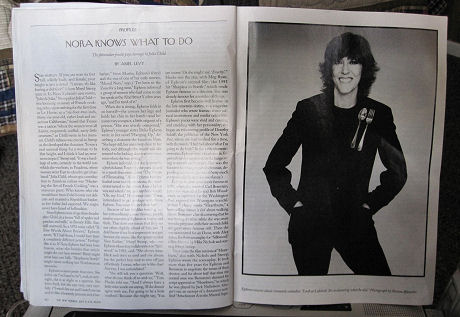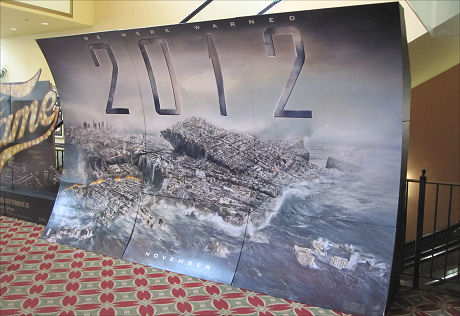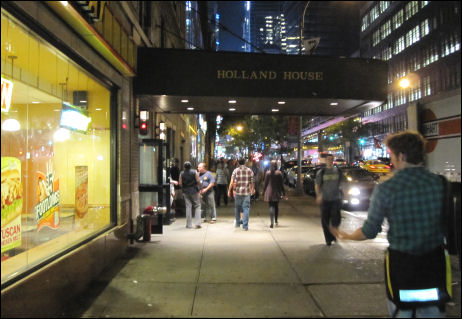Daily Beast guy Max Blumenthal reported earlier this evening that Sarah “Blood on Satan’s Claw” Palin “may have quit her job today because she was trying to avert a major, yet-to-be-disclosed corruption scandal. It concerns an Alaska building company called Spenard Building Supplies (SBS) having been awarded a contract by Palin to build a hockey arena in Wasilla, AK, and in return having helped construct Palin’s home.
“Many political observers in Alaska are fixated on rumors that federal investigators have been seizing paperwork from SBS in recent months, searching for evidence that Palin and her husband Todd steered lucrative contracts to the well-connected company in exchange for gifts like the construction of their home on pristine Lake Lucille in 2002. The home was built just two months before Palin began campaigning for governor, a job which would have provided her enhanced power to grant building contracts in the wide open state.
“SBS has close ties to the Palins. The company has not only sponsored Todd Palin‘s snowmobile team, according to the Village Voice‘s Wayne Barrett, it hired Sarah Palin to do a statewide television commercial in 2004.
“Though Todd Palin told Fox News he built his Lake Lucille home with the help of a few ‘buddies,’ according to Barrett’s report, public records revealed that SBS supplied the materials for the house. While serving as mayor of Wasilla, Sarah Palin blocked an initiative that would have required the public filing of building permits–thus momentarily preventing the revelation of such suspicious information.
“Just months before Palin left city hall to campaign for governor, she awarded a contract to SBS to help build the $13 million Wasilla Sports Complex. The most expensive building project in Wasilla history, the complex cost the city an addition $1.3 million in legal fees and threw it into severe long-term debt. For SBS, however, the bloated and bungled project was a cash cow.
Alaska bloggers have reported in recent weeks that “a long simmering embezzlement/IRS scandal is still being looked at by the feds.”
“In her press conference today, Palin asked the public to ‘trust me with this decision and know that it is no more politics as usual.’ But she also bemoaned ‘political operatives’ who have ‘descended on Alaska’ to investigate ‘all sorts of frivolous ethics violations.”‘ Palin said this ‘politics of personal destruction‘ was one of the key motivating factors behind her decision today.”
From Alaskan blogger “AK Muckraker” via Huffington Post, posted on 7.4:
“Then there is the other matter. In Alaska it’s become known as ‘the iceberg.’ Rumored to be a piece of news that’s so damaging, and so big, it will sink the S.S. Palin. The rumors also exist that it’s coming soon. Speculation about IRS problems, issues with other three-letter organizations, more ethics complaints, and embezzlement abound. Questions have been raised about the construction of Palin’s house by a bunch of Todd’s buddies, at the same time that a giant sports complex was being built in Wasilla, and right after building codes had been abolished by the then mayor of Wasilla, one Sarah Palin. Do we know anything for sure? No. But a recent claim that the breaking of this scandal is imminent seems coincidental to say the least.”






